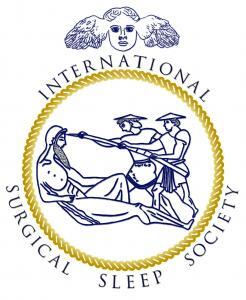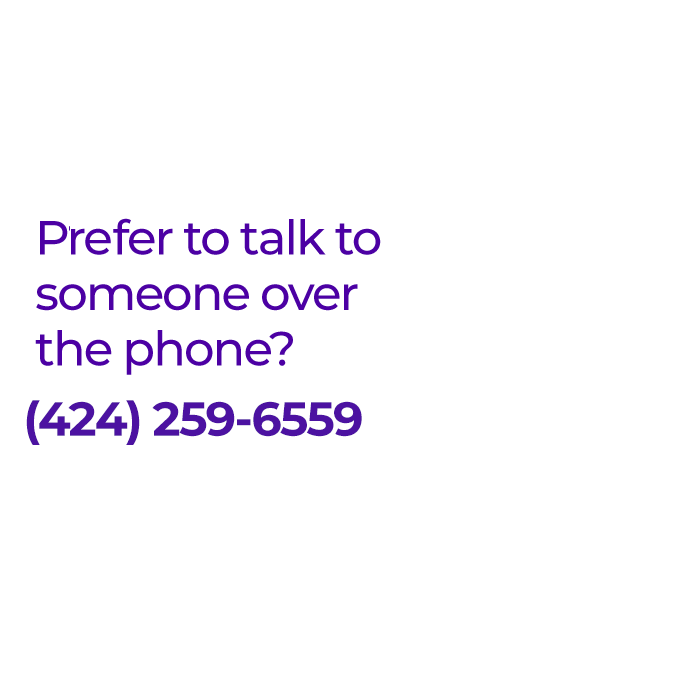I often get asked how I decided to focus my career in snoring and sleep apnea surgery and how a surgeon can learn more about this field.
I was fortunate to attend medical school at the University of Pennsylvania School of Medicine at a time when it was one of the few medical schools that included sleep disorders in the core curriculum for the first two years. I was fascinated by sleep and, frankly, how much we did not understand about sleep and sleep disorders. Also at that time, otolaryngology – head and neck surgery was also a required 1-week rotation for medical students in the third year, and I followed that with a 1-month elective rotation. I was fortunate to work with Andrew Goldberg, MD, MSCE, then a young member of the faculty who was focused in sleep surgery and sinus surgery. I vividly remember one of Andy’s patients with obstructive sleep apnea who underwent uvulopalatopharyngoplasty (UPPP). Andy and I talked about how obstructive sleep apnea was a common problem, with so many patients who could not tolerate positive airway pressure therapy (such as CPAP). Andy and I discussed how we had this one surgical procedure that often did not work as well as we would have liked, with a real need to do better. I was pretty much hooked right there. I knew I was headed for a career that would involve scientific research, and here was a common problem that affected health and quality of life (not just for the patient but also for anyone sleeping within earshot). There was so much to learn about sleep apnea surgery, and I thought that I could make a difference. I was lucky enough to join the faculty at the University of California, San Francisco, where Andy was an important mentor and continues to be an incredible friend.
Surgeons interested in snoring surgery and sleep apnea surgery will approach me and ask about the best way to enhance their skills as a sleep surgeon. My general advice is that the best use of their time is the attendance of some of the many excellent courses and conferences in this area, whether the scientific meetings of organizations like the International Surgical Sleep Society (ISSS) or our annual Advances in Diagnosis and Treatment of Sleep Apnea and Snoring course. The ISSS is the world’s premiere organization in the field, and the 10th ISSS meeting will be in New York on May 10-11, 2019. The program looks outstanding, and I have recommended the meeting to many other surgeons. I will not be able to attend this year, but I have been fortunate to join all of the other meetings. This includes the time when I served as President of this organization and hosted the 8th ISSS meeting in Los Angeles in May 2017.
There is a wide range of courses in sleep surgery. Our Advances course has about half of the lectures in sleep medicine, making it an unique opportunity for surgeons to learn more about non-surgical treatment from true international experts in sleep medicine that generally do not come to our surgical conferences. There are fantastic cadaver dissection courses in Orlando and St. Louis, and there are many other courses that focus primarily on lectures throughout the world. To take one example, one of the world’s expert sleep surgeons, Claudio Vicini, is President of the Italian Society of Otorhinolaryngology – Head and Neck Surgery, and I will join many sleep surgeon colleagues as an invited speaker at the 106th National Congress in Rimini Italy on May 29-June 1, 2019.





Murat BINAR, MD says:
Many thanks for your advice Dr. Kezirian.
I am sure all otolaryngologists interested in sleep surgery will benefit from this article.
Best regards..